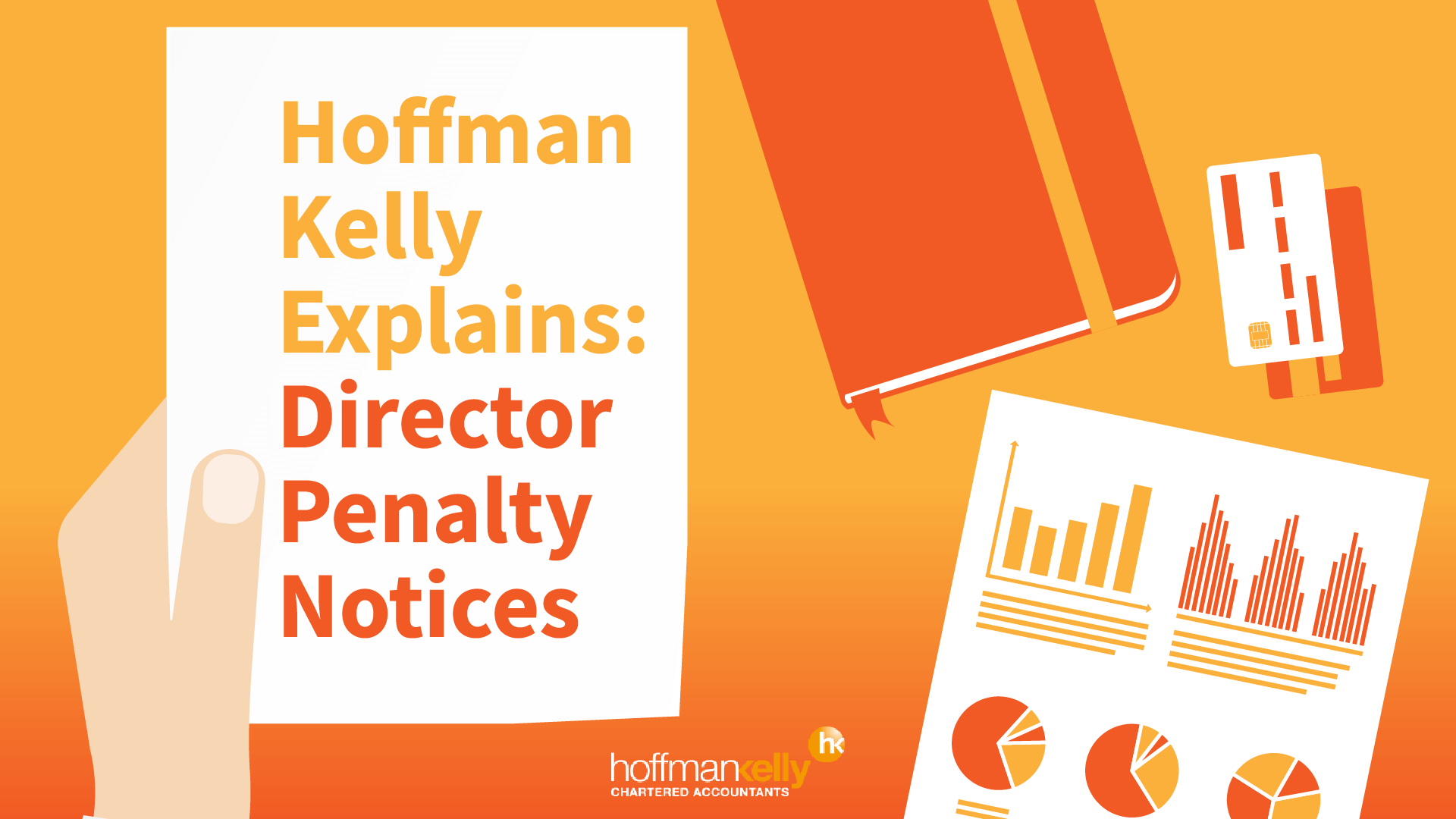Over the last two years of the COVID-19 Pandemic, the Australian Taxation Office (ATO) has taken limited recovery action and a lenient approach to businesses with outstanding tax debts. However, as Amelia McMullan describes, change is already in motion.
“That time has passed, and we are seeing a steady increase in ATO debt recovery action. With additional injections to their compliance programs, as announced in Labor’s October budget, we can expect to see an increase in the issuing of Director Penalty Notices (DPN),” she said.
What are Director Penalty Notices (DPNs)?
A DPN is a notice served on a company’s directors by the ATO due to lack of reporting, overdue lodgements and outstanding tax debt. They can also be issued to directors of a corporate trustee if the trust has outstanding debts. The effect of the notice is to potentially make the director(s) personally liable for the company debts if they do not take immediate action.
Types of debt the ATO can recover from company directors
The following debts can be recovered by the ATO:
- PAYG Withholding
- GST liabilities (amounts outstanding from 1 April 2020)
- Unpaid employee superannuation
What to do upon receiving a DPN?
The Best action to take depends on the type of debt and whether the lodgements were late or not. As it is a complex area, the best action to take is to immediately seek advice from your advisor.
In relation to the following debts from company directors:
- PAYG Withholding
- GST liabilities (amounts outstanding from 1 April 2020)
If the respective activity statement was lodged more than 3 months after the due date, the only way to avoid personal liability is to pay the debt. However, if the liabilities were reported within 3 months of the due date, the personal liability can be avoided by taking one of the below steps within 21 days of receiving the notice.
- Pay the debt in full
- Place the amount under a formal payment plan
- Appoint a liquidator to wind up the company
- Appoint an administrator to the company
- Appoint a small business restructuring practitioner
- Engage with lawyers to prove a defence to the director’s penalty notice
If the debt relates to Unpaid employee superannuation:
- If the SGC was reported after the due date, the only way out of personal liability is for the company to pay the debt.
- If a DPN relates to SGC that was reported on time (by the 28th of the month following the end of the respective quarter), a director can avoid personal liability by taking one of the below steps within 21 days.
- Pay the debt in full
- Place the amount under a formal payment plan
- Appoint a liquidator to wind up the company
- Appoint an administrator to the company
- Appoint a small business restructuring practitioner
- Engage with lawyers to prove a defence to the director penalty notice
Enforcement of DPNs
The ATO has a range of powers to enforce DPNs, including freezing a director’s bank accounts, garnishing their wages, and selling their assets. Directors who fail to comply with a DPN can also be jailed for up to five years.
Get in Touch
Lodging tax statements (BASs) and superannuation on time is the key action you can take to give yourself more options to avoid personal liability. If you do receive a DPN then you should immediately seek advice and Hoffman Kelly can guide your actions. Contact our team today to receive timely and tailored advice on DPNs.

